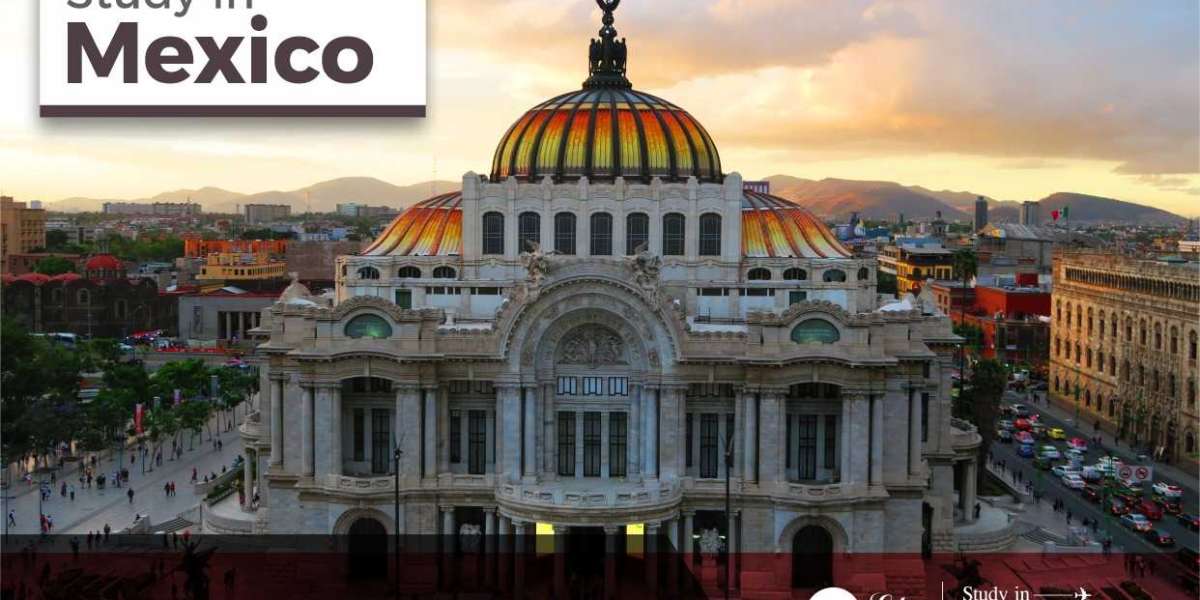Mexico's population has grown dramatically since World War II, but the distribution of wealth remains unbalanced. Due to very little legislative assistance, the poor are generally unable to improve their socio-economic status. The state of Chiapas exemplifies the problems caused by fiscal imbalances. In 1994, the Zapatista National Liberation Army arose to challenge Chiapas' discrimination against the poor.
The second largest metropolitan area in the world after Tokyo, Mexico City is home to many attractions including the Palacio Nacional and the Cathedral Metropolitan.
The Tropic of Cancer effectively divides the country into temperate and tropical zones. Land north of the Tropic of Cancer experiences cooler temperatures during the winter months. South of the Tropic of Cancer, temperatures are fairly constant throughout the year and vary only as a function of altitude. Study in Mexico, This gives Mexico one of the most diverse weather systems in the world.
Mexican institutions offer hundreds of master's degree programs in a variety of subjects, including the humanities, social sciences, and engineering. Many programs are offered on a part-time basis or have classes at night and some programs, especially business master's degrees, are taught in English. Students who are already proficient in Spanish or who wish to improve their Spanish fluency will find studying in Mexico very rewarding. More than 7,600 international students already study in more than 100 higher education institutions in Mexico, most of them coming from France, the United States, Spain, Germany, and Colombia. In addition to receiving a high-quality education at a low cost, students can enjoy Mexico's diverse culture and natural beauty during the break.
Reasons to study in Mexico:
Access to quality education at a low cost.
U.S. According to the Department of Education, less than 20% of applicants to a university will enroll, not only because of the demanding admission processes but also because of the financial commitment involved in the process, which does not occur in Mexico.
Get a dual degree or other international experience.
More than a decade ago CETYS launched an important dual degree program with Seattle City University, allowing one professional degree in Mexico and another in the United States, providing a competitive advantage. In the labor market.
Immerse yourself in your career from day one.
Unlike colleges in the United States, Mexican universities immerse students in courses and learning activities from day one, allowing a student to graduate in 4 years.
Gain work experience in the industry.
Getting a job after graduation is a concern of every student. CETYS University has a solid corporate relations program that includes professional placements and other networking opportunities that provide students with real work experience at the start of their program, making them part of the 97% of graduates who find employment within the first year after graduation.
Live actively on both sides of the border.
The Kalibhaja region is a place where different cultures, lifestyles, and perspectives converge. For university students, it represents an ideal learning environment, fueled by dynamism on both sides of the border, offering a learning experience in two languages (English and Spanish) in a bi-cultural setting.








